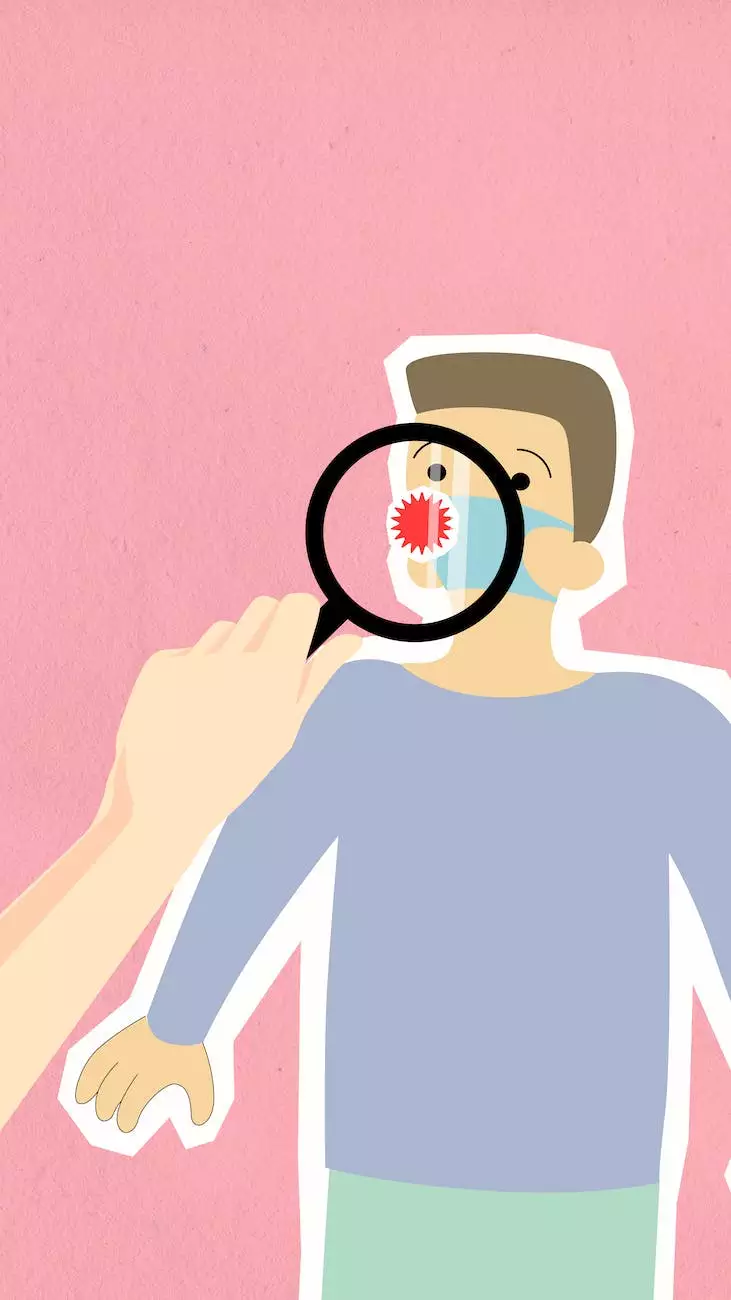Pelvic Organ Prolapse Patient Testimonials

Introduction
Welcome to the Pelvic Organ Prolapse Patient Testimonials page at Grim Harley, MD! We understand the impact that pelvic organ prolapse can have on your daily life, and we strive to provide the most effective treatment options and support for our patients. On this page, you will find real patient testimonials sharing their experiences with pelvic organ prolapse, as well as comprehensive information about this condition and its treatment.
Understanding Pelvic Organ Prolapse
Pelvic organ prolapse is a common condition that affects many women. It occurs when the muscles and tissues that support the pelvic organs, such as the uterus, bladder, and rectum, become weakened or stretched, causing these organs to descend into the vaginal canal. This can lead to uncomfortable symptoms such as a sensation of pressure or fullness in the pelvic area, urinary incontinence, constipation, and difficulty with sexual intercourse.
Causes and Risk Factors
Pelvic organ prolapse can be caused by various factors, including pregnancy and childbirth, aging, obesity, chronic constipation, and repetitive heavy lifting. Other risk factors include hormonal changes during menopause, a family history of pelvic organ prolapse, and connective tissue disorders.
Types of Pelvic Organ Prolapse
There are different types of pelvic organ prolapse, depending on which organs are affected. Some common types include:
- Uterine prolapse: When the uterus descends into the vaginal canal.
- Cystocele: When the bladder prolapses into the vaginal wall.
- Rectocele: When the rectum prolapses into the vaginal wall.
- Vaginal vault prolapse: When the top of the vagina descends after a hysterectomy.
Treatment Options
At Grim Harley, MD, we offer personalized and comprehensive treatment options for pelvic organ prolapse, tailored to each patient's unique needs. Our team of highly skilled doctors and healthcare professionals will work closely with you to develop an individualized treatment plan. Some common treatment options include:
Conservative Treatments
In the early stages or for mild cases of pelvic organ prolapse, conservative treatments may be recommended. These can include pelvic floor exercises, lifestyle modifications, such as weight loss and avoiding heavy lifting, and the use of pessaries to provide support for the pelvic organs.
Surgical Treatments
If conservative measures are not effective or the prolapse is more severe, surgical intervention may be necessary. Our experienced surgeons specialize in minimally invasive techniques, including robotic-assisted surgery, to repair and restore the pelvic organs to their proper position. We strive to provide the best possible outcomes with reduced pain, shorter recovery times, and minimal scarring.
Patient Testimonials
Don't just take our word for it - hear directly from our patients about their experiences with pelvic organ prolapse and our treatment options:
Testimonial 1
"I had been struggling with pelvic organ prolapse for years, and it was affecting my quality of life. Thanks to Grim Harley, MD, I found a compassionate and knowledgeable team who guided me through the treatment process. The surgical procedure was a success, and I couldn't be happier with the results."
Testimonial 2
"After researching various clinics, I chose Grim Harley, MD for my pelvic organ prolapse treatment. The expertise of their surgeons and the personalized care I received exceeded my expectations. They took the time to explain every step of the procedure, ensuring I felt comfortable and confident throughout the journey."
Conclusion
If you are experiencing symptoms of pelvic organ prolapse or have been diagnosed with this condition, don't hesitate to reach out to Grim Harley, MD. Our team is dedicated to helping you regain your quality of life and providing comprehensive support and treatment options. Contact us today to schedule a consultation and start your journey towards improved pelvic health.










